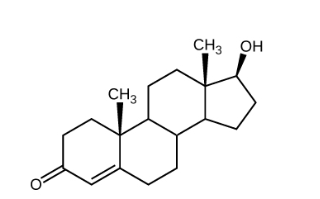Which of the following glands synthesizes antidiuretic hormone?
A. Thymus
B. Pineal gland
C. Pancreas
D. Hypothalamus
The hypothalamus communicates with the posterior pituitary, which is an extension of the brain. It is the hypothalamus that produces the ADH hormones.
Therefore, the Correct Answer is D.



